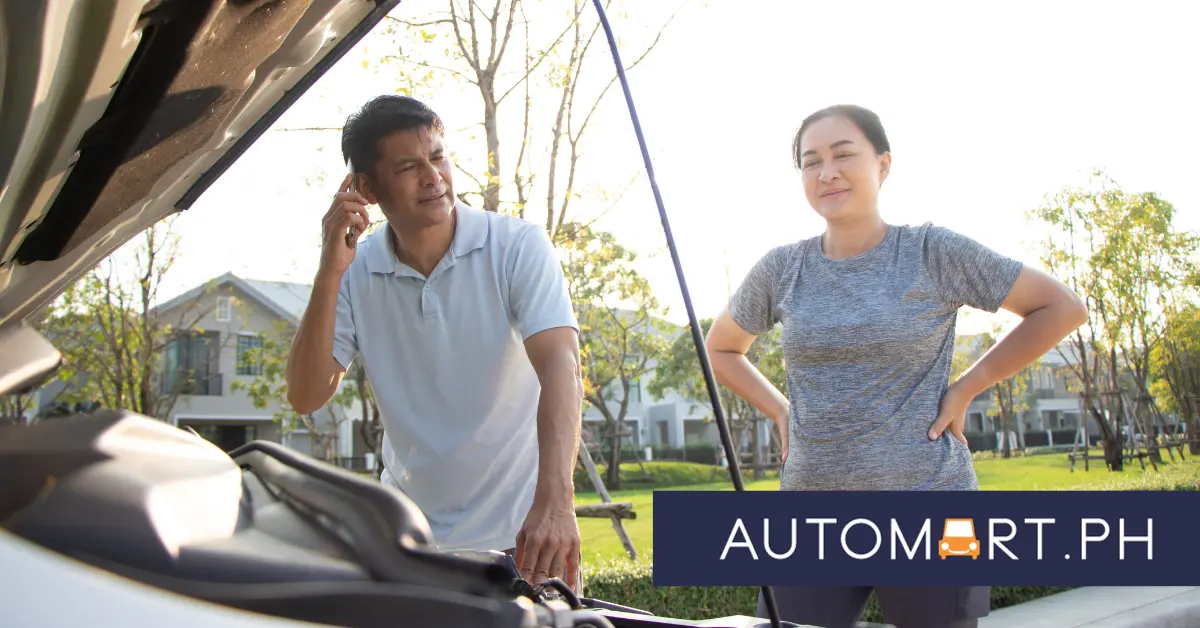
What Happens To Your Car If You Don’t Use It?
Updated on January 20 2026
There are many possible reasons why car owners could stop using their cars. Rising fuel prices, overseas deployment, or extended travels abroad are just a few. You might think of your sweet ride as the most durable and reliable steed out there. Still, no vehicle is impervious to the ravages of time, whether talking about a slick German sports sedan, a standard compact practicar, an Italian exotic, or maybe an MPV or SUV.

So, what happens to your car if you don’t use it for extended periods? The general rule is to NOT leave a vehicle unattended for more than two weeks. After that, all bets are off. Here are things to expect if you left a car parked without driving or starting it for a while.
Things to Expect After Not Starting or Using Your Car
1. It will get dirty.
Notice how dust accumulates quickly after parking your vehicle outdoors for an hour or two? Now, can you imagine what happens if you leave your car in the same spot for two weeks or more? If you plan on not using your car, the least you can do is to wash it, let it dry, and cover it up before you go. In addition, try finding a parking spot with a roof or any place where direct sun exposure is minimal.
2. The battery will discharge.
The car battery replenishes power via your car’s alternator. If you don’t start or drive your vehicle, the battery will fail to recharge itself. And when this happens, it may not have enough voltage to start the engine the next time around. The least you can do is disconnect the negative terminal from the car battery to prevent unnecessary battery drain, or remove the battery from the car and connect a battery tinder to keep the battery charged and ready when you get back.
3. The tires will lose air pressure.
Did you ever wonder why tires lose air pressure when left standing unused? You can blame this on permeation or osmosis, where air passes through the rubber structure. On average, pressurized air can escape out of the tire at one to three psi (pounds per square inch) per month, and the rate of permeation varies depending on the make and model of the tire. If you plan on not using your car for more than two weeks, inflate the tires to at least one to two psi above the usual. Better yet, you can raise the vehicle using jack stands to prevent flat spots on the tires.
4. It will invite pests.
Your car has multiple dark, humid, and enclosed areas for small insects and rodents to call home. It’s not uncommon to find rat nests, cockroaches, or insect larvae in a neglected vehicle. You can prevent this by cleaning the car and vacuuming the interior before leaving it sitting for two weeks or so. Also, it would help if you left an open container or can of dehumidifier inside the car to combat the formation of molds and mildew.
5. Rust or corrosion is inevitable.
Your vehicle is an engineering masterpiece of metal, plastic, glass, and rubber parts, all of which are prone to aging and deterioration when left unchecked. In particular, metal parts are prone to rust or corrosion, especially when a car is left standing in moist or humid weather. Rust is not a problem if you have a relatively newer car, but it’s a different story when talking about older vehicles.
6. The fluids will deteriorate.
A modern car needs many fluids to operate correctly, particularly engine oil, transmission fluids, coolant, and brake fluid. Before storing a vehicle, the least you can do is to change the engine oil to protect the engine against cold starts when you get back. Also, it’s an excellent idea to drain the cooling system and refill it with fresh coolant before starting your car after leaving it standing for quite some time.
Conclusion

The best practice is to start or drive a stored vehicle at least once a week to prevent the rapid deterioration of all vital fluids and working parts. However, if you’ll be gone for more than a month or two, these tips on preparing a car for storage might prove helpful.